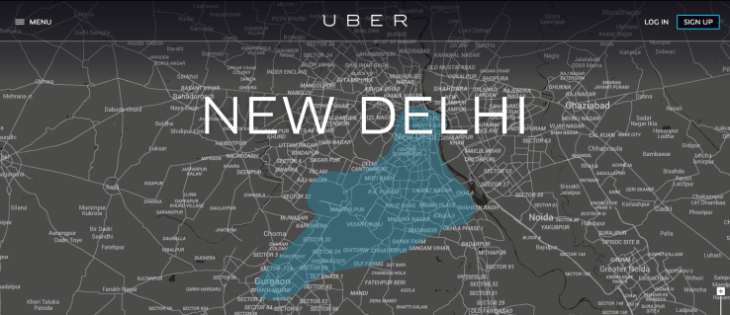Uber announced today that it will resume operations in New Delhi, India. It was banned by authorities six weeks ago after a female passenger accused an Uber driver of rape.
The company had to make a major concession to get around the ban. In a blog post, Uber said that it applied yesterday for a license under Delhi’s Radio Taxi Scheme (pdf link), which requires Uber to eventually maintain a fleet of 200 cabs, run a 24/7 call center, and install taxi meters in cars. In other words, it would have to operate like a traditional taxi company.
Car-calling apps like Uber and Indian competitors Ola and TaxiForSure have opposed the scheme because it requires them to own taxis instead of just functioning as a marketplace for drivers and passengers, and therefore costs more money.
Instead, Uber had argued it should be regulated under India’s Information Technology Act of 2000, which would recognize it as a tech company.
The Radio Taxi Scheme, however, includes several pre-requisites for taxi drivers, including a criminal check, that could help ensure the safety of riders.
The company said it will also do its own background checks on drivers and add safety features like an in-app emergency button and ShareMyETA (estimated time or arrival) feature. This is especially important because Uber had been criticized in India for relying solely on police checks, which many people view as unreliable.
Uber added that it is cooperating with Delhi authorities, who have introduced new regulations for car-calling services, and will only work with drivers who have had their police clearance re-verified within the last six weeks.
The car-calling app, which has raised more than $4 billion since 2010, also runs in 11 other Indian cities, including Mumbai, Bangalore, and Hyderabad, where it continued to operate even after pausing its Delhi operations.
